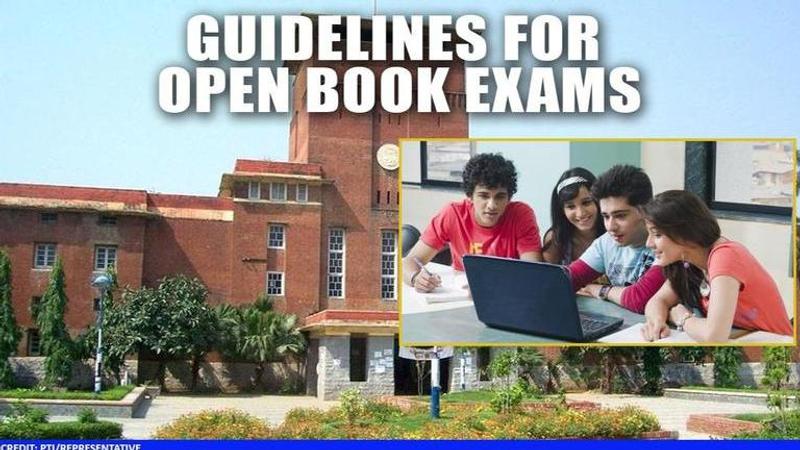Published 13:25 IST, June 2nd 2020
DU goes ahead with Open Book Exams despite opposition by stakeholders; issues guidelines
Delhi University stated that guidelines are only applicable for final year undergraduate students and they should rely on official website for any information

As the Covid-19 health crisis has changed the way things work around the world, Delhi University has decided to go ahead with the concept of Open Book Exams (OBE) despite facing opposition from several stakeholders. DU has released guidelines for smooth conduct of OBE for all their final year students who are currently enrolled in undergraduate programmes.
DU has stated that the guidelines are only applicable for those students who are in the final year of undergraduate programmes in the university. The university has alerted students to rely on information available only on the official website of the university and not any unauthentic sources.
The guidelines for OBE are as follows:
Opposition over OBE
A survey was conducted by the Delhi University Teachers' Association (DUTA) and about eighty-five percent of the DU students, who participated in a survey-cum-referendum voted against the administration's decision of holding online OBE.
The referendum, released by DUTA on May 3, got more than 51,000 responses in 48 hours, mostly from those enrolled in regular courses, the teachers' body said. DUTA has been opposing the university's decision to hold online OBE.
In the survey, 38 percent of students said they have not been able to access study material even if it has been provided to them. Nearly 50 percent of the students said they have not received material and also cited the inability to access it. According to the survey, only 28 percent of students have been able to attend more than 50 percent of the online classes.
Faculty members from various departments had also expressed concern over the idea of OBE. Department of History, Sociology and Economics departments were among the few departments that raised voices against the OBE citing several issues including infrastructural constraints, technological obstacles, economic hardships, dislocation of students and/or their families, and the challenging environments in many households.
Updated 13:25 IST, June 2nd 2020




